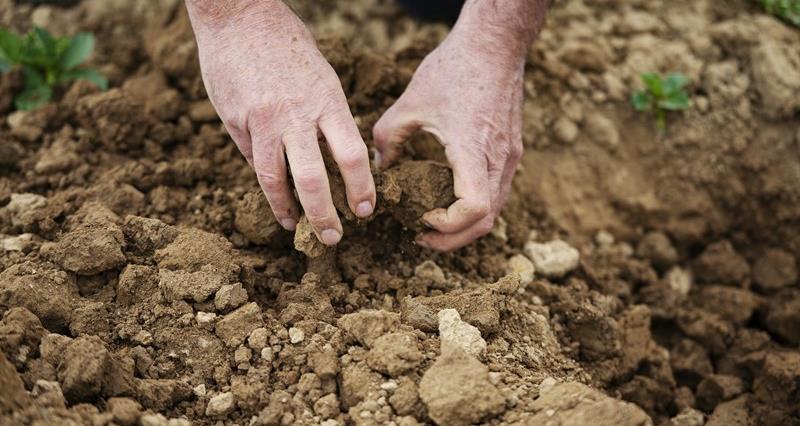Almost 100 farmers and growers have fed into a new report which lists AI (Artificial Intelligence), methane, carbon sequestration, regenerative systems, financing, and antimicrobial resistance as some of the challenges researchers should prioritise to better understand the impact on farming.
The report, launched by the NFU, Innovate UK and CEIA (Centre for Effective Innovation in Agriculture), shows that, while some research priorities such as soil health and disease control have stayed consistent since the , a whole wave of new themes have now risen to the fore.
Over the last year, farmers and growers were invited to help set the research agenda by taking part in workshops arranged by six farming and research organisations – four of these were arranged by the NFU and NFU Cymru.
Read the report: UK farmer & grower research priorities
“There needs to be a plan to provide all farmers and growers with easy access to the best evidence, which is crucial to helping them improve decision-making on farms.”
NFU Vice President Rachel Hallos
Informing future science policy
NFU Vice President Rachel Hallos highlighted the important role the academic community has in helping farmers and growers overcome many of the challenges they face – in turn helping agriculture and horticulture to contribute to the government’s mission of economic growth.
“Leveraging more investment from private sector and achieving maximum impact from research spending are both key to achieving this,” she said. “While it’s no easy task, both funders and providers of research and innovation are rising to the challenge.
“This report has the potential to help inform future science policy and funding strategies. Importantly, it also leads by example with a real focus on collaboration with end users.
“Next there needs to be a plan to provide all farmers and growers with easy access to the best evidence, which is crucial to helping them improve decision-making on farms.”
New and persistent issues
797 challenges and needs were raised by the diverse range of farmers and growers who participated in the workshop.
Director of the CEIA Professor Tom MacMillan said the research and innovation needs gathered “paint a picture of an industry with its finger on the pulse, very engaged with latest ideas and technologies, from AI to agroforestry, yet also profoundly practical”.
“Some of the research priorities that have stayed consistent since 2013 reflect perennial issues that will likely remain ongoing, even as the details and terms used evolve,” he said.
“However, other persistent challenges, such as increasing homegrown feed and ensuring digital tools are interoperable, might be seen as solvable problems where more progress is still needed.”
An engaged and willing audience
While the focus of the project was on what research and innovation is needed, participants were also concerned with how this is done, and particularly, how useful it ends up being in practice.
The findings also suggested that farmers and growers have an appetite to be more involved in the development, design and delivery of research and innovation.
“Many of those who contributed were up for research to support bold, transformative innovation, and underlined how involving farmers could help make sure ideas worked on the ground,” explained Professor MacMillan.
“Ambitious and practical are sometimes seen as opposites, but I think the message for the research community is that we can, and should, aim for science that is both.”
